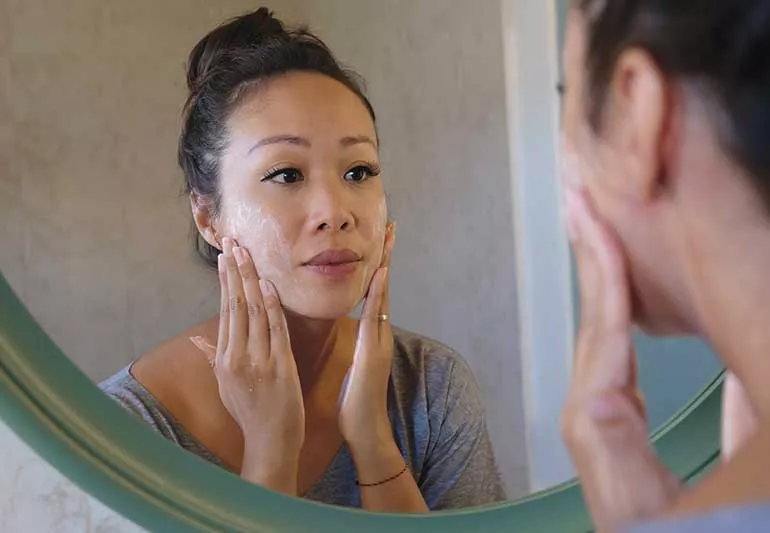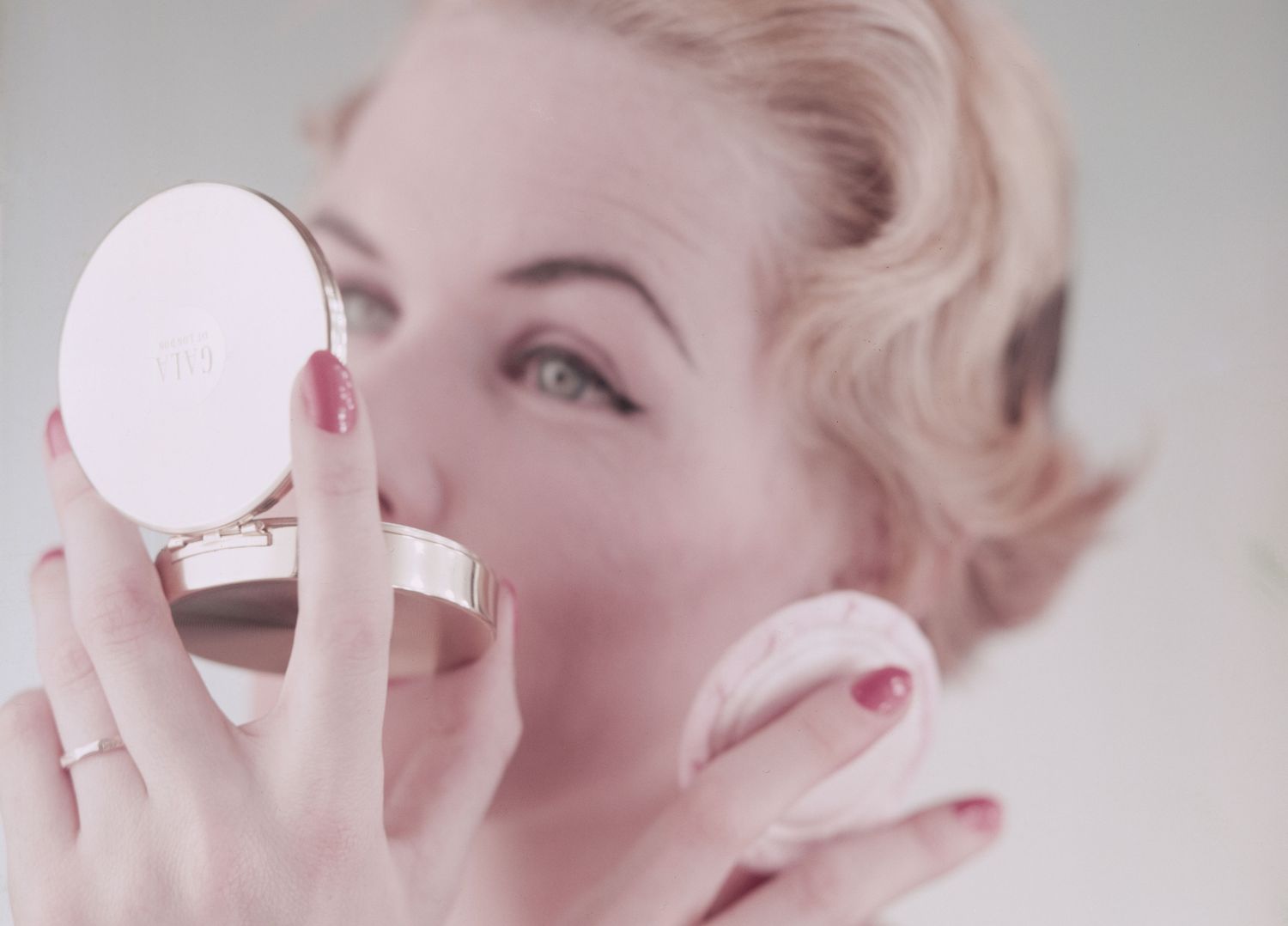Oily skin can be tricky to manage, especially when it comes to hydration. Many people with oily skin avoid moisturizing altogether, fearing it will make their skin even oilier. However, properly hydrating oily skin is crucial for maintaining its health and balance. In this article, we’ll explore effective and non-greasy methods to hydrate oily skin, helping you achieve a healthy, glowing complexion.
Understanding Oily Skin and Hydration
Before we delve into the methods, it’s essential to understand the unique characteristics of oily skin and why hydration is important. Oily skin is the result of overactive sebaceous glands, which produce excess sebum. While this excess oil can lead to shine and clogged pores, it doesn’t mean your skin is adequately hydrated. Dehydrated oily skin can actually produce more oil to compensate for the lack of moisture, exacerbating the issue. Therefore, finding the right balance is key.
1. Use a Lightweight, Oil-Free Moisturizer
One of the best ways to hydrate oily skin is to use a lightweight, oil-free moisturizer. Look for a moisturizer that is specifically formulated for oily or acne-prone skin. These moisturizers are often water-based and contain hydrating ingredients like hyaluronic acid or glycerin, which provide moisture without adding extra oil.
2. Hydrating Serums with Hyaluronic Acid
Hyaluronic acid is a hydrating powerhouse that can hold up to 1,000 times its weight in water. Using a hydrating serum with hyaluronic acid can help replenish moisture in your skin without making it greasy. Apply the serum before your moisturizer for an extra boost of hydration.
3. Use a Non-Comedogenic Facial Oil
Contrary to popular belief, certain facial oils can actually benefit oily skin. Look for non-comedogenic oils like jojoba oil or squalane, which mimic the skin’s natural oils and can help regulate oil production. These oils can be applied after your moisturizer to lock in moisture without clogging pores.
4. Gel-Based Moisturizers
Gel-based moisturizers are another excellent option for hydrating oily skin. These moisturizers have a lightweight, water-based formula that absorbs quickly into the skin, leaving it feeling hydrated without any greasy residue. They are ideal for oily skin types, especially during the warmer months.
5. Use a Hydrating Toner
Incorporating a hydrating toner into your skincare routine can help balance your skin’s moisture levels. Look for a toner that contains ingredients like glycerin or witch hazel, which can help hydrate and soothe your skin without adding extra oil. Use the toner after cleansing and before moisturizing for best results.
6. Drink Plenty of Water
Hydrating your skin starts from within. Drinking plenty of water throughout the day can help keep your skin hydrated and healthy. Aim for at least eight glasses of water a day, and consider adding hydrating foods like fruits and vegetables to your diet.
7. Use a Mattifying Moisturizer
If you’re concerned about excess shine, consider using a mattifying moisturizer. These moisturizers are specifically formulated for oily skin and can help control oil production while still providing hydration. Look for a mattifying moisturizer with ingredients like niacinamide or tea tree oil, which can help reduce oiliness.
8. Exfoliate Regularly
Exfoliating regularly can help remove dead skin cells and unclog pores, allowing your skin to better absorb moisture. However, be gentle with your exfoliation, as over-exfoliating can strip your skin of its natural oils and lead to increased oil production. Use a gentle exfoliant with ingredients like salicylic acid or lactic acid a few times a week.
Achieving Hydrated, Non-Greasy Skin
Hydrating oily skin doesn’t have to be a challenge. By using lightweight, oil-free moisturizers, hydrating serums, and non-comedogenic facial oils, you can effectively hydrate your skin without adding extra oil. Additionally, incorporating hydrating toners, drinking plenty of water, and using mattifying moisturizers can help balance your skin’s moisture levels and control oil production. With the right skincare routine, you can achieve a healthy, glowing complexion, even if you have oily skin.


